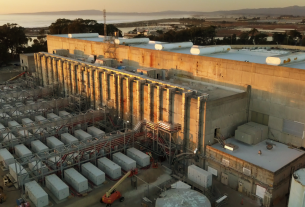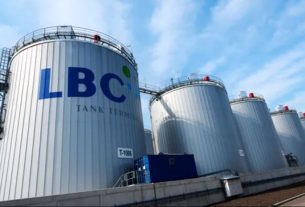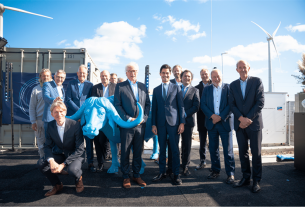Germany – BASF will build a prototype battery recycling facility in Schwarzheide, at the site of its cathode materials plant. The plant enables the development of operating procedures and technology optimisation to achieve higher recovery of lithium, nickel, cobalt and manganese from spent lithium-ion batteries. At the same time, the facility will recycle metals from cell manufacturers’ products and battery material producers that do not meet product specifications.
In a rapidly growing electric vehicle market, recycling provides competitive and sustainable access to relevant metals for cathode materials. With the recovered metals new cathode materials can be produced. They enable a circular economy for the battery value chain.
‘By investing in battery recycling and our leading process technology for the production of cathode materials, we aim to close the loop while reducing the carbon footprint of our cathode materials by up to 60 percent overall compared to the industry standard’, said Matthias Dohrn, Senior Vice President Precious and Base Metal Services in BASF’s Catalysts division. ‘This will meet the needs of our OEM customers in the automotive industry and contribute to a more sustainable future for all of us.’
The investment will create about 35 new jobs in production, with commissioning planned for early 2023. Battery recycling is an important long-term market requirement to reduce the carbon footprint for electric vehicles. Similarly, recycling is a requirement to meet stricter regulations under the proposed EU Battery Regulation. It includes recycling efficiencies and material recovery targets for nickel, cobalt and lithium.
Next generation materials
The Schwarzheide production site is located in the German state of Brandenburg. With the investment in Schwarzheide, BASF supports a European value chain for battery production. It is part of the Important Project of Common European Interest (IPCEI). The European Commission approved this on December 9th 2019 under European Union state aid rules.
The market introduction of innovative battery materials from the Schwarzheide plant, research into the development of next-generation battery materials and process development, including battery recycling, are funded by the Federal Ministry for Economic Affairs and Energy.




